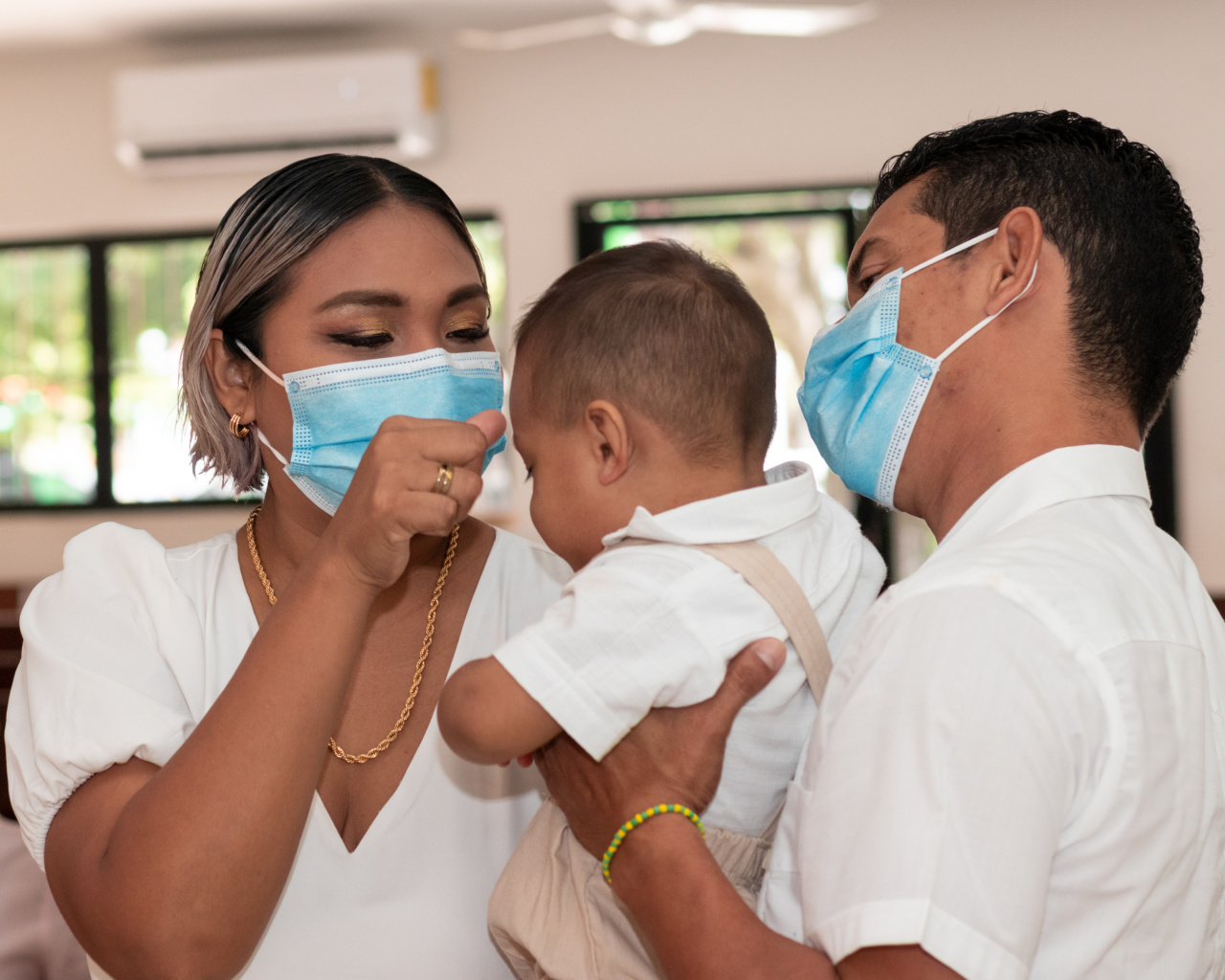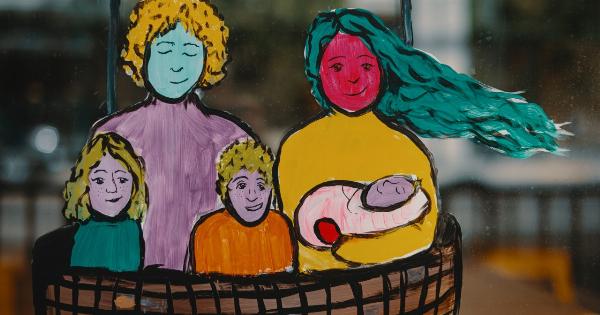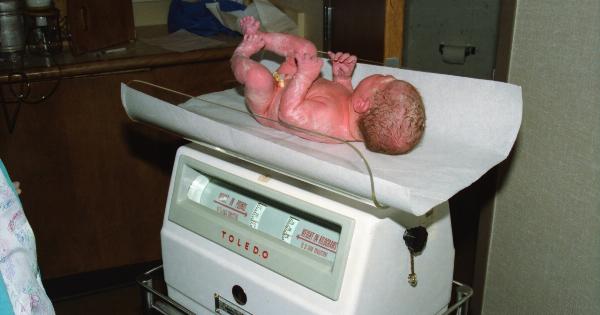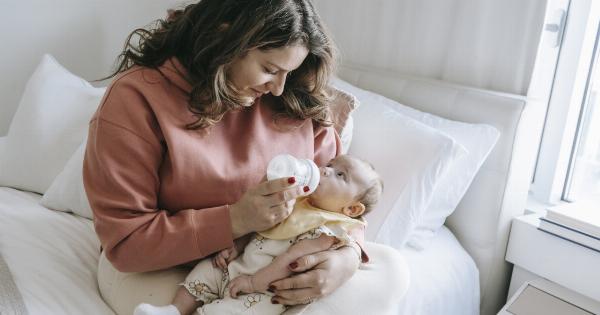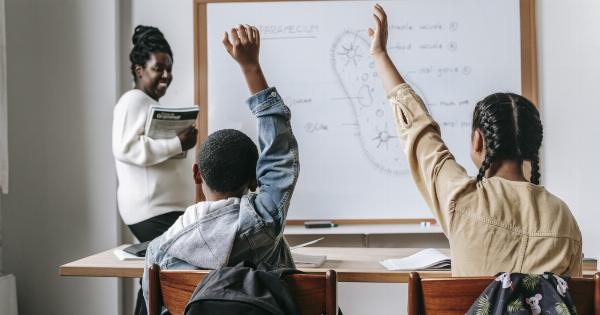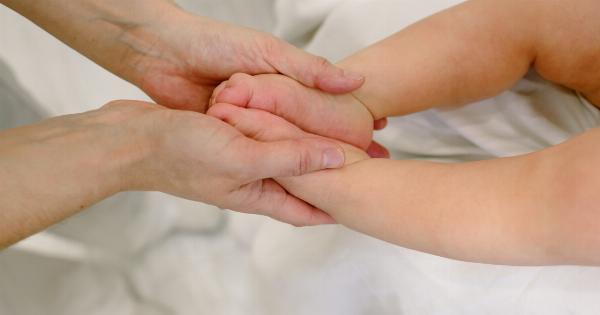Baby massage is a wonderful way to bond with your newborn while promoting their healthy development. Not only does massage feel good for babies, but scientific research has shown that it has numerous physical and emotional benefits as well.
In this guide, we’ll explore the benefits of baby massage and provide some tips for parents who want to try it with their little ones.
Physical benefits of baby massage
Regular massage can help with your baby’s physical development in many ways:.
1. Enhanced circulation
Gentle massage stimulates blood flow in your baby’s body, which can help improve their overall health. This increased circulation can also help with digestion, sleep, and healing.
2. Improved muscle tone
Baby massage can help your little one’s muscles and joints develop properly. By gently manipulating limbs and other parts of the body, you can help your baby build strength and coordination.
3. Relief from discomfort
Massage can be soothing for babies and help relieve common discomforts such as gas, colic, and teething pain. By massaging the affected area, you can help your baby relax and soothe any pain or discomfort they may be experiencing.
4. Improved immune function
Studies show that massage can boost your baby’s immune system by increasing the number of white blood cells in their body. This can help your baby fight off illness and stay healthy.
Emotional benefits of baby massage
Baby massage can also have a positive impact on your little one’s emotional development:.
1. Increased relaxation
Massage can help your baby relax and promote feelings of calmness and well-being. This can be especially helpful during times of stress or overstimulation.
2. Deeper sleep
Massage can help your baby fall asleep faster and stay asleep longer. This can lead to better rest for both you and your baby.
3. Enhanced parent-child bonding
Baby massage is a great way to bond with your little one. By spending time together in a calm and focused way, you can deepen your connection and build a stronger relationship.
Tips for baby massage
If you’re interested in trying baby massage with your little one, here are some tips to get you started:.
1. Create a comfortable environment
Find a quiet and comfortable space where you can both relax and focus on the massage. Make sure the temperature is warm enough and play some soothing music if you like.
2. Use gentle and slow movements
It’s important to use slow and gentle movements when massaging your baby. Use soft, rhythmic strokes and avoid pressing too hard or using sudden movements.
3. Start with the legs and feet
Begin by gently massaging your baby’s legs and feet. Use long strokes and focus on the muscles and joints. Gradually work your way up to the torso, arms, and face.
4. Be sensitive to your baby’s cues
Pay attention to your baby’s reactions and adjust your massage accordingly. If they seem uncomfortable or restless, stop and try again later.
5. Take your time
Baby massage should be a slow and leisurely activity. Take your time and enjoy the experience of bonding with your little one.
Conclusion
Baby massage is a wonderful way to connect with your newborn while promoting their health and development. By using gentle and rhythmic strokes, you can help your little one relax, improve their circulation, and enhance their immune function.
Baby massage can also be a great way to bond with your little one and promote feelings of calmness and well-being. By following the tips outlined above, you can create a comfortable and nurturing environment for a relaxing and soothing massage experience.
